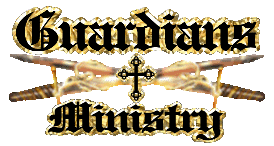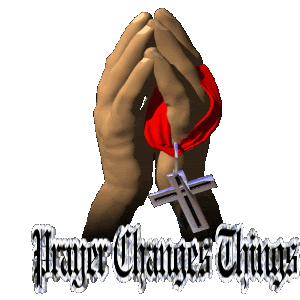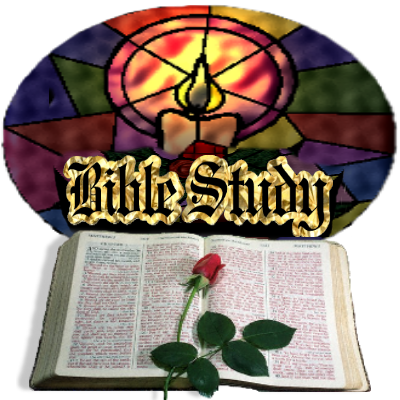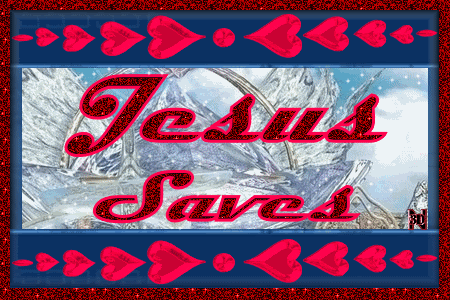Spreading God's Love Thru Prayer
The first of the Jewish High Holy Days that were listed in Leviticus, Rosh Hashanah, commonly called the Jewish New Year, is a joyous time of celebration and at the same time a season of reflection a…
The first of the Jewish High Holy Days that were listed in Leviticus, Rosh Hashanah, commonly called the Jewish New Year, is a joyous time of celebration and at the same time a season of reflection and solemnity. The blast of the shofar (ram's horn) calls us to humble ourselves and recognize our need for God's grace. This is apparent in some of the traditions associated with the festival. We greet one another by saying, "La shanah tova tikatevu," which means, "May your name be inscribed for a good year." The "inscribing" refers to the Book of Life, which according to Jewish tradition, closes ten days later.
We Jews for Jesus know that our names have been forever inscribed in the Lamb's Book of Life, written indelibly in his own blood. Nevertheless, we choose to look back and reflect and commemorate the closing of a year and the beginning of the next. We take part in traditions such as eating apples and honey for a "sweet new year."
But while some Jews believe in an annual day of accounting for one's actions, for us the blast of the shofar at Rosh Hashanah is not just a call to repentance, but a reminder of Jesus' return. "For the Lord Himself will descend from heaven with a shout, with the voice of the archangel and with the trumpet of God. And the dead in Messiah will rise first" (1Thessalonians 4:16).
Views: 36
Comment
© 2026 Created by Guardian.
Powered by
![]()




 Guardians Prayer Warriors if you would like to go to our Facebook page please click the buttons. If you would like to open up a Guardians Prayer Warriors group on a different site please contact Guardians Ministry so that we may put the name of your site on the page and you can use Guardians Prayer Warrior tags.
Guardians Prayer Warriors if you would like to go to our Facebook page please click the buttons. If you would like to open up a Guardians Prayer Warriors group on a different site please contact Guardians Ministry so that we may put the name of your site on the page and you can use Guardians Prayer Warrior tags.







You need to be a member of Guardians Prayer Warriors to add comments!
Join Guardians Prayer Warriors